Anton Rabe, executive director at Hortgro, predicts a very exciting time for the South African fruit sector in the years to come.
After some tough years marked by logistical and other problems, South African fruit industry leaders have predicted that there are some good times ahead.
The fruit industry is on the brink of an exciting phase packed with opportunities, according to Anton Rabe, executive director at Hortgro, the South African deciduous fruit grower organisation.
Speaking at a special strategy meeting between Hortgro and leading apples and pears exporter Tru-Cape Fruit Marketing, Rabe said that the local industry might not have enough fruit to meet demand if more markets open.
“I am incredibly bullish about the next five to ten years,” he said. “The local industry might not have enough fruit to meet the global demand.
“Agriculture makes up around 15-18 per cent of the gross domestic product when you factor in the value chain, and people increasingly appreciate the industry’s value.
”Agriculture has the potential to create jobs, earn foreign currency, and develop stable and safe rural communities,” Rabe continued.
“If you undermine agriculture, you play with the future of South Africa. Numerous opportunities exist for a company like Tru-Cape, which is embedded within the value chain.”
The unlocking or re-opening of new apple, pear and stonefruit markets is a real possibility in the short term and has been described as a game-changer for the industry.
Hortgro is concentrating on reducing tariffs and creating user-friendly protocols in markets like Thailand, China, Taiwan, and Indonesia.
The Far East and Southeast Asia already rate as the biggest marketing regions for South African apples and, along with progress in Africa and the Middle East, have totally realigned marketing and distribution outside the traditional markets of the UK and Europe.
Along with the industry focusing on the best apple and pear varieties, which guarantee tasty products of great quality, the industry has been transformed over the past two decades.
Rabe said he believed that the Indian market still had a long way to go in terms of development.
There were still significant opportunities in Africa, particularly for apples and pears which tended to withstand logistical challenges better than stonefruit, he noted.
”The more options we have, the better for us,” Rabe stated.
While the fruit industry has not yet benefitted from BRICS, the trading block including Brazil, China, India and Russia, Rabe said he believed there could be new opportunities to explore.
Roelf Pienaar, managing director of Tru-Cape Fruit Marketing, said he was also very excited regarding prospects in the Far East.
“There are great opportunities in emerging markets where our competitors struggle with logistical difficulties,” he confirmed. ”Although we need to tackle the infrastructure issues in South African ports and on our roads, our position at the southern tip of Africa allows us to reach most markets within a relatively short timeframe.”
Pienaar said Tru-Cape’s variety basket also catered to a diverse range of markets, spanning from Europe and the UK all the way to the Middle East and Far East.
“We are also fortunate to have the rest of Africa right at our doorstep, allowing us to leverage the full spectrum of available fruits,” he outlined. ”Many of our competitors do not have access to a developing market and significant opportunities that are right within their reach.”
Although it can be said that South African producers operate in a failed-state environment where electricity, logistics, water, and security are often lacking, Rabe said he was optimistic about the government of national unity and the private sector’s involvement in overcoming some of those challenges.
“Our message to the government is to implement the plans already on the table, such as the National Development Plan and the Agriculture and Agro-Processing Master Plan,” he added.

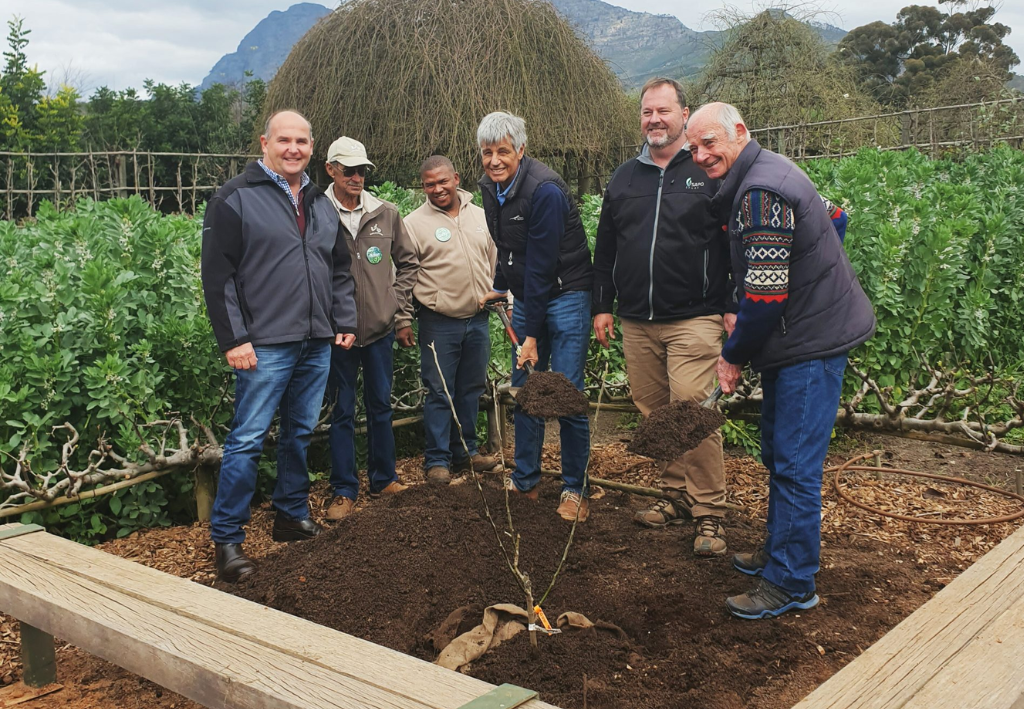

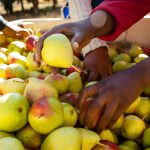
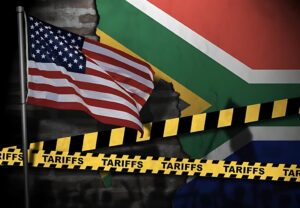

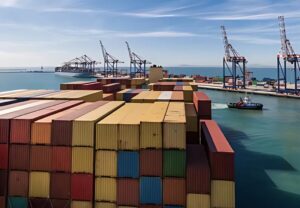
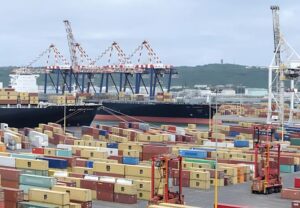
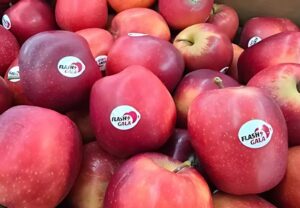
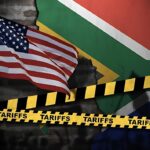
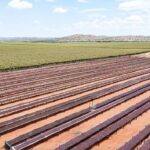

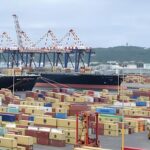
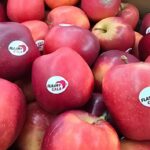
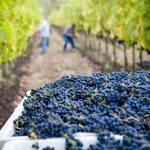
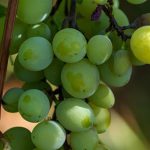
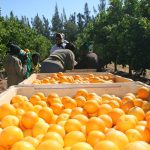
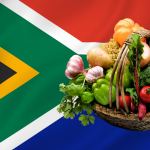
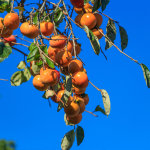












Add comment